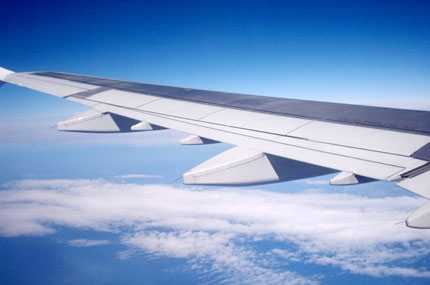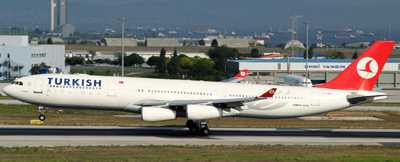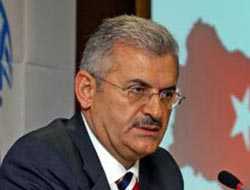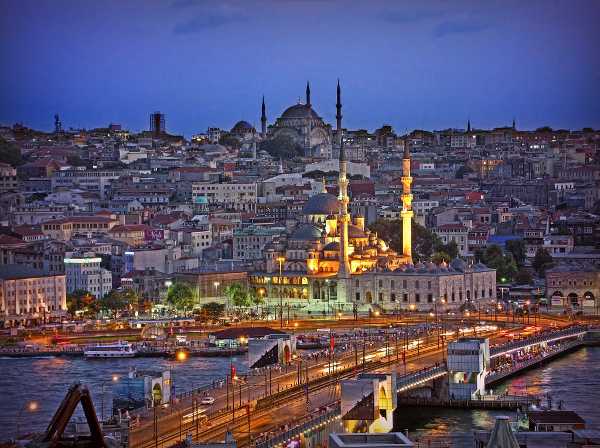Due to major airport work in Istanbul, Turkey is attracting the attention of the region’s construction industry
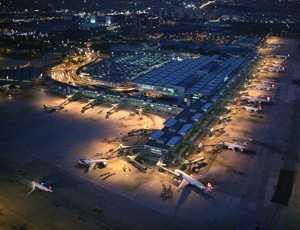 One of Turkey’s largest and most prestigious construction projects to date is the hotly-anticipated tender for Istanbul’s third airport, estimated to cost $5.6bn (see Intel on p4 for more details of this tender).
One of Turkey’s largest and most prestigious construction projects to date is the hotly-anticipated tender for Istanbul’s third airport, estimated to cost $5.6bn (see Intel on p4 for more details of this tender).
The cream of the crop of Turkey’s construction companies are vying for this lucrative deal, including TAV Havalimanlari Holding, Alarko Holding and construction groups Varyap and Limak.
Major foreign investors, including those from Japan, France, China and Germany, have already shown interest in the airport, which will be constructed in three phases, reports the Anatolia News Agency.
Turkish Prime Minister Recep Tayyip Erdogan has revealed that the airport will be built on a plot in the north of the European side of Istanbul, without elaborating on further details.
The project will follow the build-operate-transfer model, also known as the “Turkish model,” according to Erdogan. This model has attracted $2bn in investment for airport construction across the country. The capacity produced by these private-sector projects has amounted to 90.5 million passengers a year, with government investment lagging.
Regional airports, meaning facilities that serve more than one province, are crucial for civil aviation, Erdogan said. Ordu Giresun Airport in the north, Çukurova Airport in the south and Zafer Airport in the inner-Aegean region are three such projects.
Zafer will be the first to be completed on 29 October, which is about 1.5 years earlier than the original deadline, due to the sterling efforts of the main contractor. The date marks the anniversary of the modern Turkish republic.
A third airport in Istanbul, the largest city in the country, has long been on the agenda, as Ataturk Airport on the European side and Sabiha Gokcen on the Asian side are struggling to meet the rising demand with mainly Turkish Airlines, the national flag carrier, boosting its flights and the city attracting more visitors.
The airport will have an initial capacity to handle 90 million passengers a year, extending eventually to 150 million, and three runways for simultaneous use. Transport Minister Binali Yildirim said earlier this month the aim was for the first stage of the airport to open in 2016.
Yildirim announced the tender competition for the Istanbul airport last month, with a view to completing the bidding by the end of 2012 after spending 18 months choosing the site.
Yildirim revealed that Istanbul’s Ataturk Airport was working 50% more than it was supposed to, thanks to recent renovations and capacity rehabilitations at the airport.
“We will direct some flights to some other airports, and we will provide more opportunities to scheduled flights,” Yildirim told reporters in Istanbul. He added that all these were short- or medium-term measures that would relieve traffic at the airport.
Ataturk accommodated 20.3 million international passengers, with international commercial flight traffic of around 178,817 in 2010. These figures were 11.8 million and 94,887 respectively for domestic traffic.
Alarko Group general coordinator Ayhan Yavrucu has said Alarko might be interested in joining a consortium and entering the bidding for the tender for Istanbul’s third airport.
“We are probably the company that has built the most airports in Turkey. We are interested in the third airport tender,” asserted Yavrucu. Alarko has already applied for the preliminary qualification for the privatisation of the Bosphorus bridges and highways project. He added that the company had not yet devised a concrete financing plan for the privatisation.
TAV Group CEO Sani Sener said: “The company that wins the tender should have access to powerful financing and know-how. Istanbul is very important to our portfolio. The number of incoming tourists is rising; the economy is developing.
If we think of Istanbul as a financial hub, its importance is even more key. Our partnership with French Aeroports de Paris also adds to the TAV brand value,” added Sener.
According to Sener, the third airport can be completed in three years, and TAV is keen to win this major tender. He stressed that the airport construction should be awarded to a company that “knows the business.”
Sener said: “This is not a terminal operation, it is an airport operation. We are talking about a $10bn project. Strong financing is necessary. One needs to be picky.”
Sener said five to six firms with which it competes regularly would place bids in the upcoming third airport tender. He explained that the airport would be constructed on a plot of land containing coal mines, and would therefore be difficult to construct.
TAV had a contract for Ataturk until 2021, and that the Transportation Ministry had assured TAV that its rights would be protected and that Ataturk was not likely to become a boutique airport. “If it is going to be a project that competes with Ataturk Airport, then it would not be a $10bn project,” he noted.
via The Turkish model | ConstructionWeekOnline.com.
